‘Sunlight is one thing that Americans can agree on’
Your digest of analysis from the British and international press
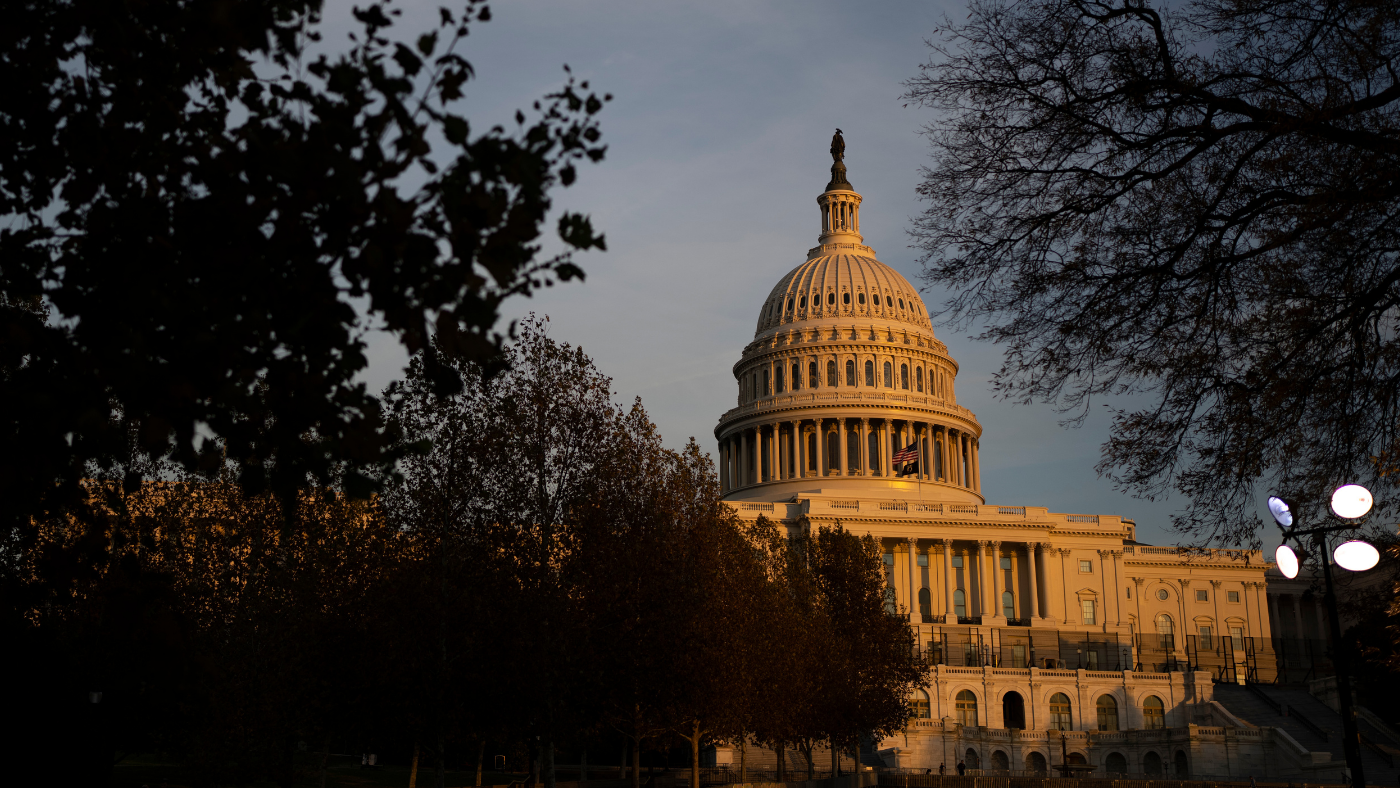
- 1. Good job, senators! Bringing more sunlight into our evenings is way overdue
- 2. There are solutions to the food crisis. But ploughing up Britain isn’t one of them
- 3. We need to remember the crisis in Yemen is not over
- 4. The strongmen are stumbling into oblivion
- 5. Charitably correct: appointing Orlando Fraser would challenge the establishment’s grip on the quangocracy
A free daily email with the biggest news stories of the day – and the best features from TheWeek.com
You are now subscribed
Your newsletter sign-up was successful
1. Good job, senators! Bringing more sunlight into our evenings is way overdue
The Los Angeles Times Editorial Board
on longer days
“Doesn’t the light in the sky at 7pm feel great?” says the Los Angeles Times Editorial Board. “Perhaps US senators were thinking the same thing when they voted swiftly and unanimously” yesterday to make daylight saving time year-round. And though “it won’t affect the movement of the planet around the sun”, the winter days “won’t feel as short if there are more daylight hours after school and work”. The shift in time will allow “kids more time to be active”, and more daylight is “better for the economy, with consumers spending more” during the longer, light days. “Of course, it would be even better if the Senate could vote unanimously to strengthen voting rights and offer more support for families with children,” the board concedes. “But sunlight, at least, appears to be something on which the nation can agree.”
The Week
Escape your echo chamber. Get the facts behind the news, plus analysis from multiple perspectives.

Sign up for The Week's Free Newsletters
From our morning news briefing to a weekly Good News Newsletter, get the best of The Week delivered directly to your inbox.
From our morning news briefing to a weekly Good News Newsletter, get the best of The Week delivered directly to your inbox.
2. There are solutions to the food crisis. But ploughing up Britain isn’t one of them
George Monbiot at The Guardian
on losing land
“Many people seem to think” that we should “plough up Britain”, says George Monbiot at The Guardian. “Even before the Russian invasion of Ukraine, food prices were rocketing. Now they have reached an all-time record.” The war “could raise global food prices by a further 20% this year, and that’s assuming no further climate or pandemic disasters. Every increment ensures that more people go hungry.” Where does this leave the UK? Around a third of our agricultural land is “‘croppable’, and almost all of it is in use”. Monbiot says: “The call to plant more land is similar to the call by right-wing Tory MPs to resume fracking: the environmental damage would greatly outweigh the tiny increment of production.” What needs to be done instead, he says, is that we ensure “our scarce arable land is used to feed people rather than to fuel cars or power stations”. And switching to a plant-based diet would reduce “the pressure on global food supply” too.
A free daily email with the biggest news stories of the day – and the best features from TheWeek.com
3. We need to remember the crisis in Yemen is not over
Martin Griffiths, Ann Linde and Ignazio Cassis at Al Jazeera
on humanitarian crises
Martin Griffiths, UN under-secretary-general for humanitarian affairs, Ann Linde, Sweden’s minister for foreign affairs, and Ignazio Cassis, head of Sweden’s foreign affairs department, say that while it is right that “the war in Ukraine is now at the top of the world’s agenda”, “we must not forget other parts of the world where people face relentless violence and suffering”. Writing at Al Jazeera, they note that “war has been raging for more than seven years” in Yemen, which is “one of the world’s worst humanitarian crises”. “Low levels of funding” meant that humanitarian agencies have “no other choice than to cut back assistance”. Aid “is grinding to a halt when it should instead be gearing up”, as food rations could be discontinued for eight million people globally and reduced for another five million in the coming weeks. “As other crises in the world rapidly grow in scale and rise on the international agenda, the message we need to send to the people of Yemen is this: we continue to stand with you.”
4. The strongmen are stumbling into oblivion
Roger Boyes at The Times
on losing leadership
“It looks as if the Axis of Diesel has us over a barrel again,” writes Roger Boyes at The Times. Boris Johnson is visiting Saudi Arabia “hoping to persuade” Crown Prince Mohammed bin Salam “to boost oil production and thus lower prices”. “It’s an obviously queasy moment,” says Boyes. “In order to punish one strongman leader with blood on his hands by (among other things) refusing to buy his oil we have to make up the shortfall by paying court to another of similar ilk.” It’s “morally dubious, a little sleazy perhaps, but inevitable if the world is to place Putin into prolonged quarantine”. The problem “lies in the very nature of strongmen leaders and our easy acceptance they can dictate the rhythm of our lives”. But “these are end times”, as there comes “a dawning realisation among the strongmen their time is running out”. Putin “must emerge” as “the universally acknowledged loser of his war in Ukraine”, Boyes concludes. “And on every continent people should look more closely at their own mini-Putins and show them the door.”
5. Charitably correct: appointing Orlando Fraser would challenge the establishment’s grip on the quangocracy
Andrew Tettenborn at The Critic
on an open vacancy
The government’s announcement that the Secretary for Digital, Culture, Media and Sport “was minded to appoint Orlando Fraser QC to the vacant headship of the Charity Commission” might seem “no big deal”, writes Andrew Tettenborn at The Critic. The “difficulty” is that Fraser “is, or at least was, associated with the Conservatives”. “This immediately caused Labour to slam the proposal as ‘the Tories looking after their own’” with “charity bigwigs’ trade bodies” penning “a pompous press release” detailing concern about the party political links. The complaint that Fraser “is somehow tainted or disqualified by his political links is preposterous”, says Tettenborn. “There is more to it”. “The great and the good […] have so far kept a remarkable grip on the quangocracy, and with it a great deal of soft political power.” Filling the role in question “is not simply a technocratic exercise, or a matter of the dispassionate application of rules”. And a minister may just as well spot “some undefinable quality of inspiration” in “a committee of the great and good largely qualified by their own previous ability to climb the greasy pole of quangocracy.”
-
 The Gallivant: style and charm steps from Camber Sands
The Gallivant: style and charm steps from Camber SandsThe Week Recommends Nestled behind the dunes, this luxury hotel is a great place to hunker down and get cosy
-
 The President’s Cake: ‘sweet tragedy’ about a little girl on a baking mission in Iraq
The President’s Cake: ‘sweet tragedy’ about a little girl on a baking mission in IraqThe Week Recommends Charming debut from Hasan Hadi is filled with ‘vivid characters’
-
 Kia EV4: a ‘terrifically comfy’ electric car
Kia EV4: a ‘terrifically comfy’ electric carThe Week Recommends The family-friendly vehicle has ‘plush seats’ and generous space
-
 Sen. Dianne Feinstein, still recovering from shingles, asks to be replaced on Judiciary Committee
Sen. Dianne Feinstein, still recovering from shingles, asks to be replaced on Judiciary CommitteeSpeed Read
-
 ‘The UK’s malaise will not end with the Prime Minister’s exit’
‘The UK’s malaise will not end with the Prime Minister’s exit’Instant Opinion Your digest of analysis from the British and international press
-
 ‘Police tactics are not getting worse, they are simply being filmed’
‘Police tactics are not getting worse, they are simply being filmed’Instant Opinion Your digest of analysis from the British and international press
-
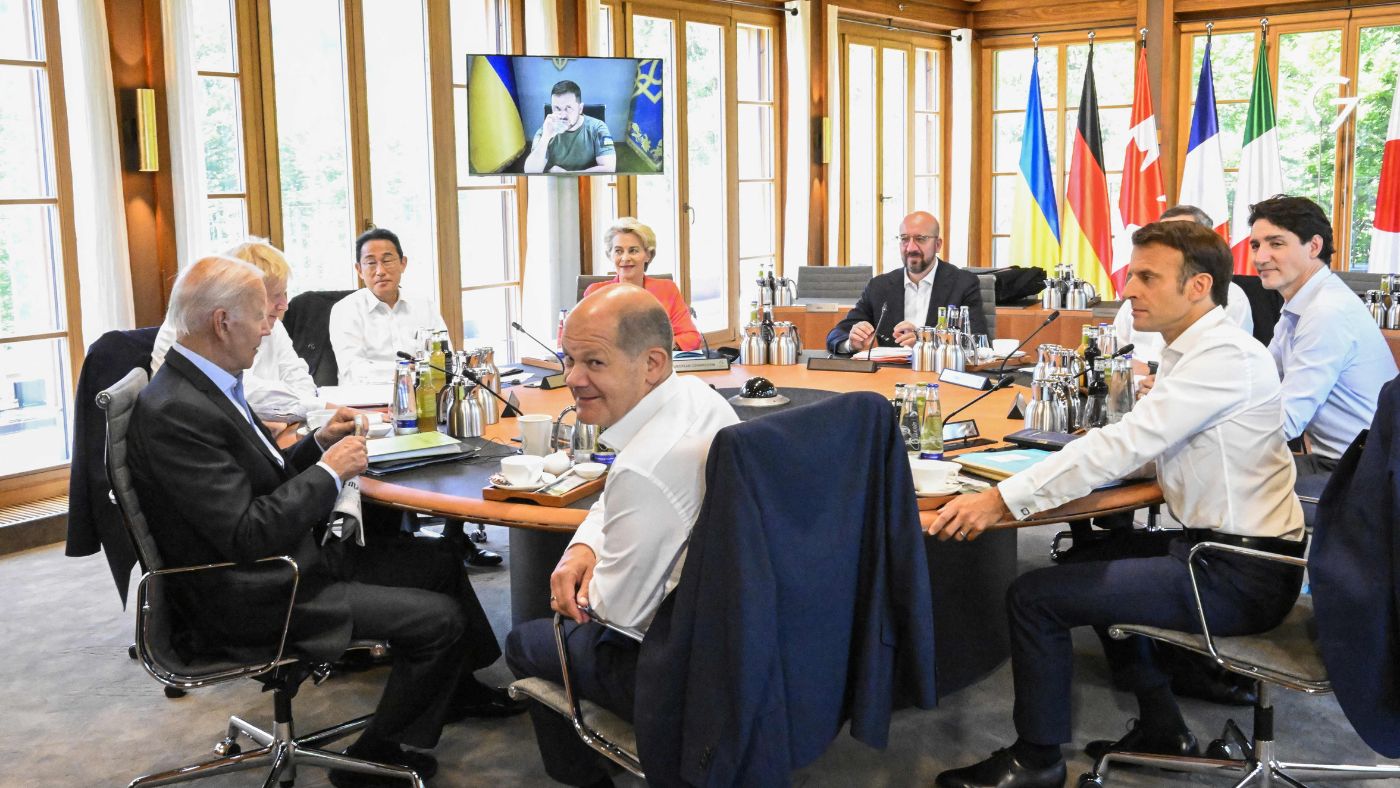 ‘G7 leaders missed a golden opportunity’
‘G7 leaders missed a golden opportunity’Instant Opinion Your digest of analysis from the British and international press
-
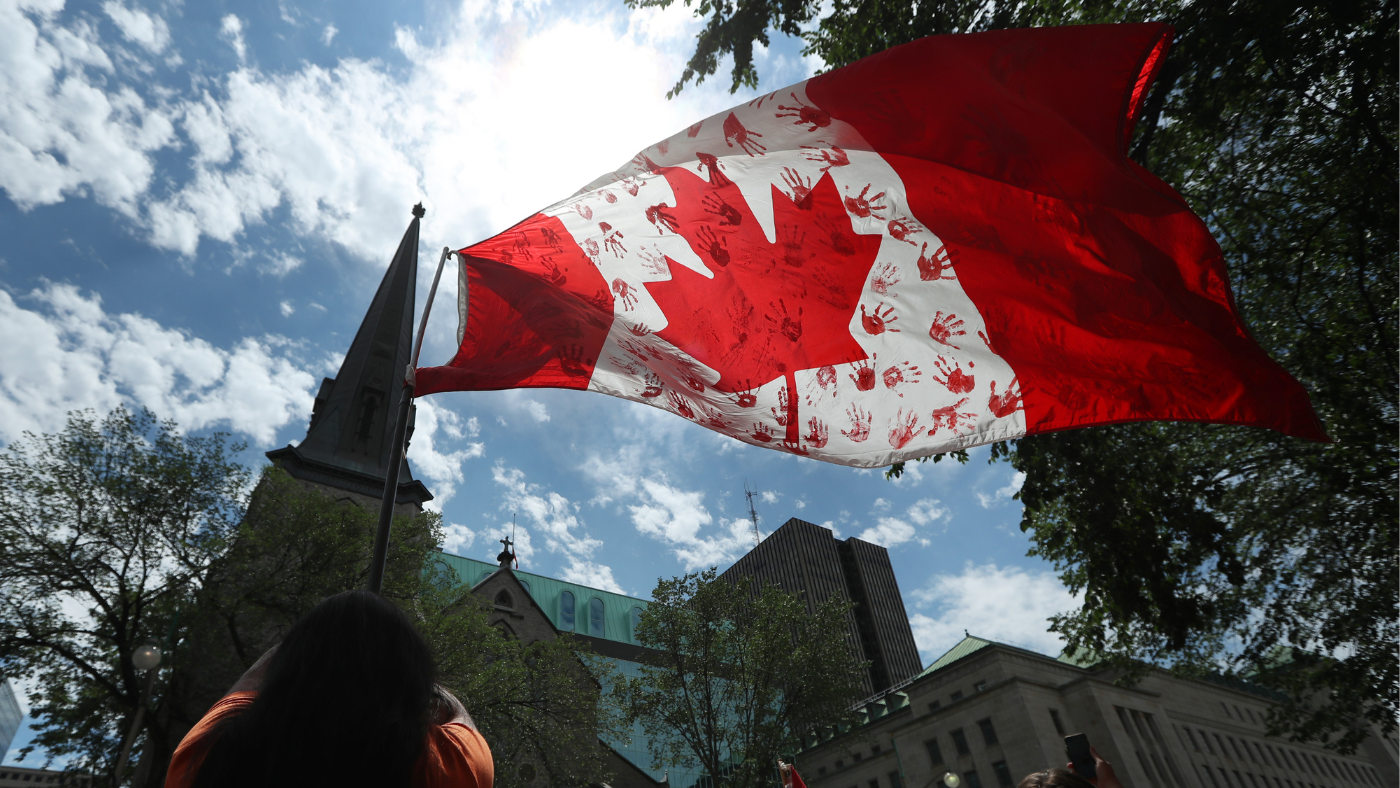 ‘It takes some soul searching to celebrate Canada Day’
‘It takes some soul searching to celebrate Canada Day’Instant Opinion Your digest of analysis from the British and international press
-
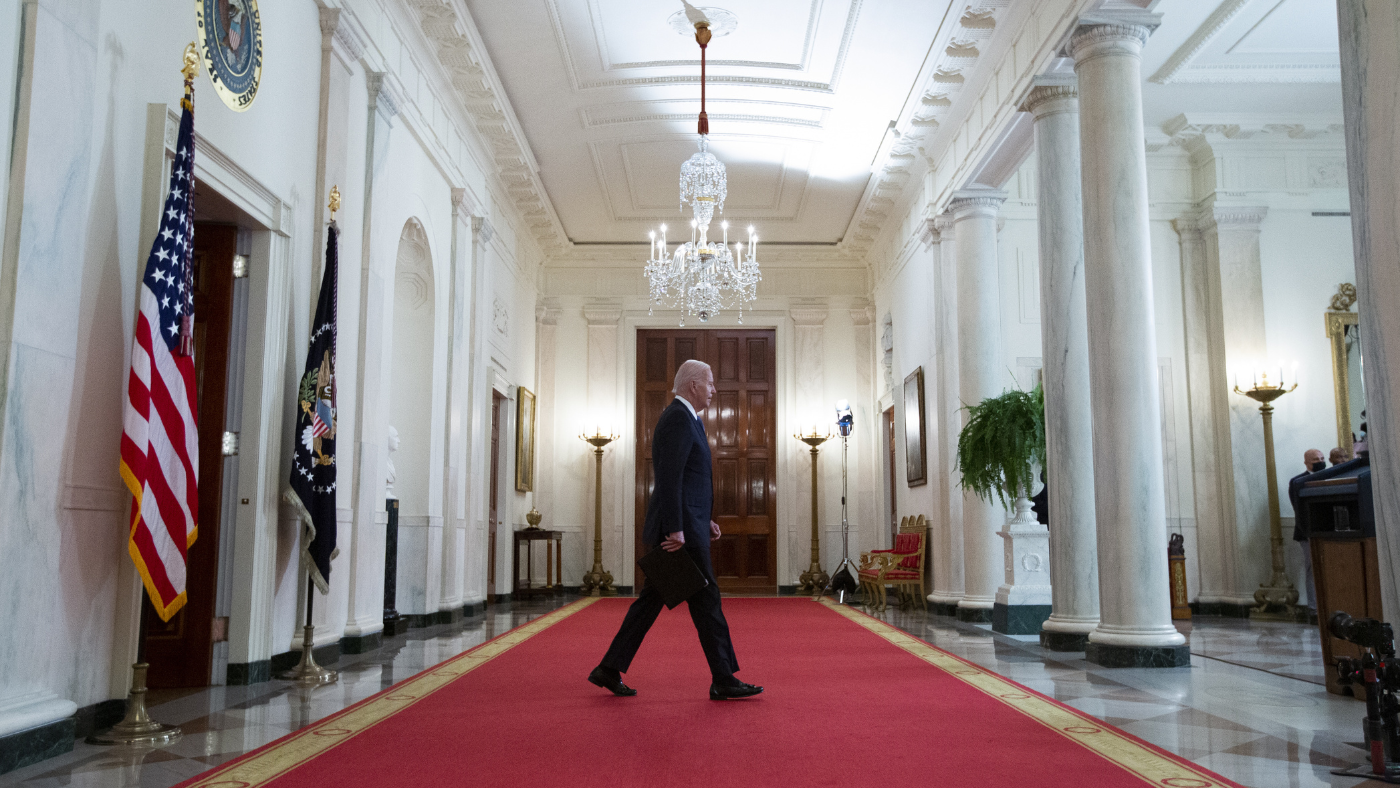 ‘Breakthrough on abortion rights could be there if Biden reaches for it’
‘Breakthrough on abortion rights could be there if Biden reaches for it’Instant Opinion Your digest of analysis from the British and international press
-
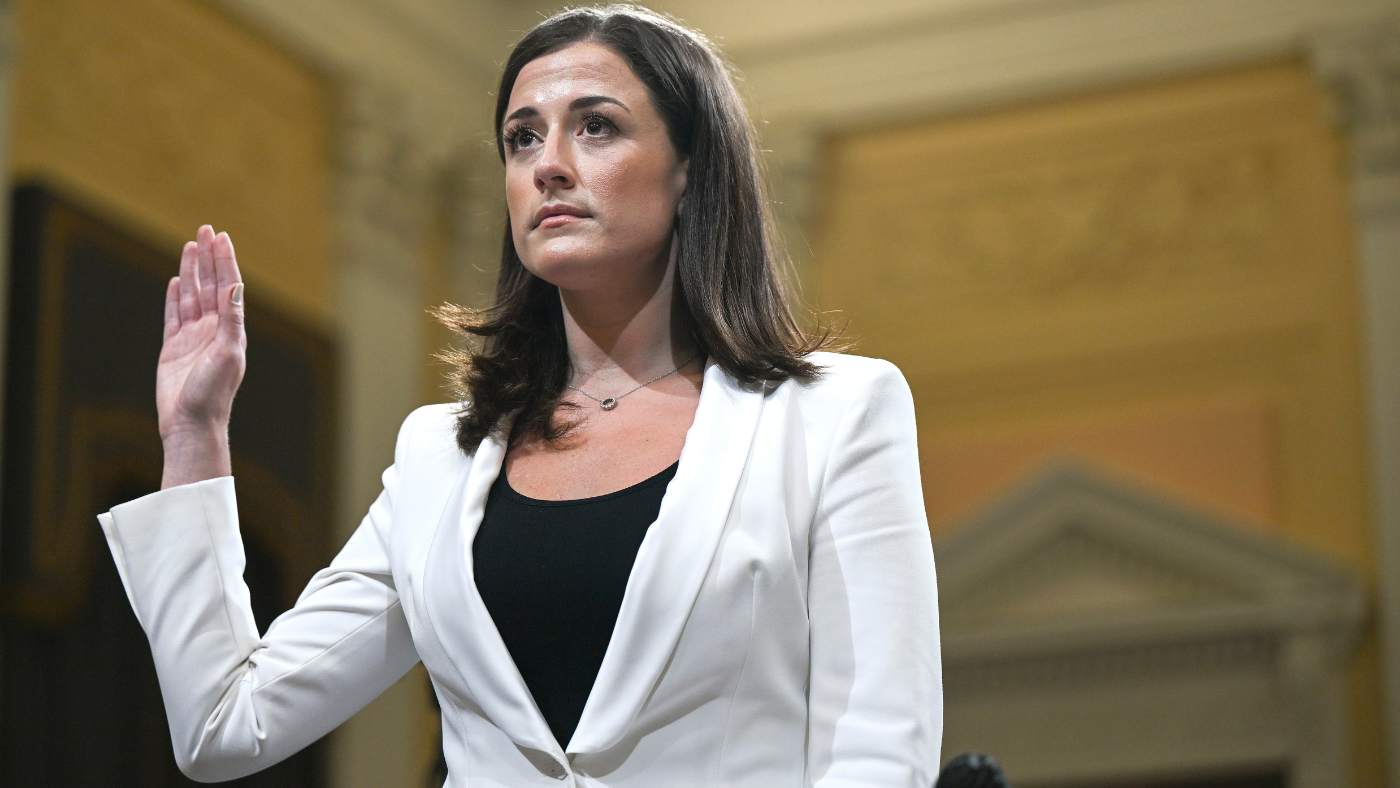 ‘If only Mark Meadows had even half Cassidy Hutchinson’s courage’
‘If only Mark Meadows had even half Cassidy Hutchinson’s courage’Instant Opinion Your digest of analysis from the British and international press
-
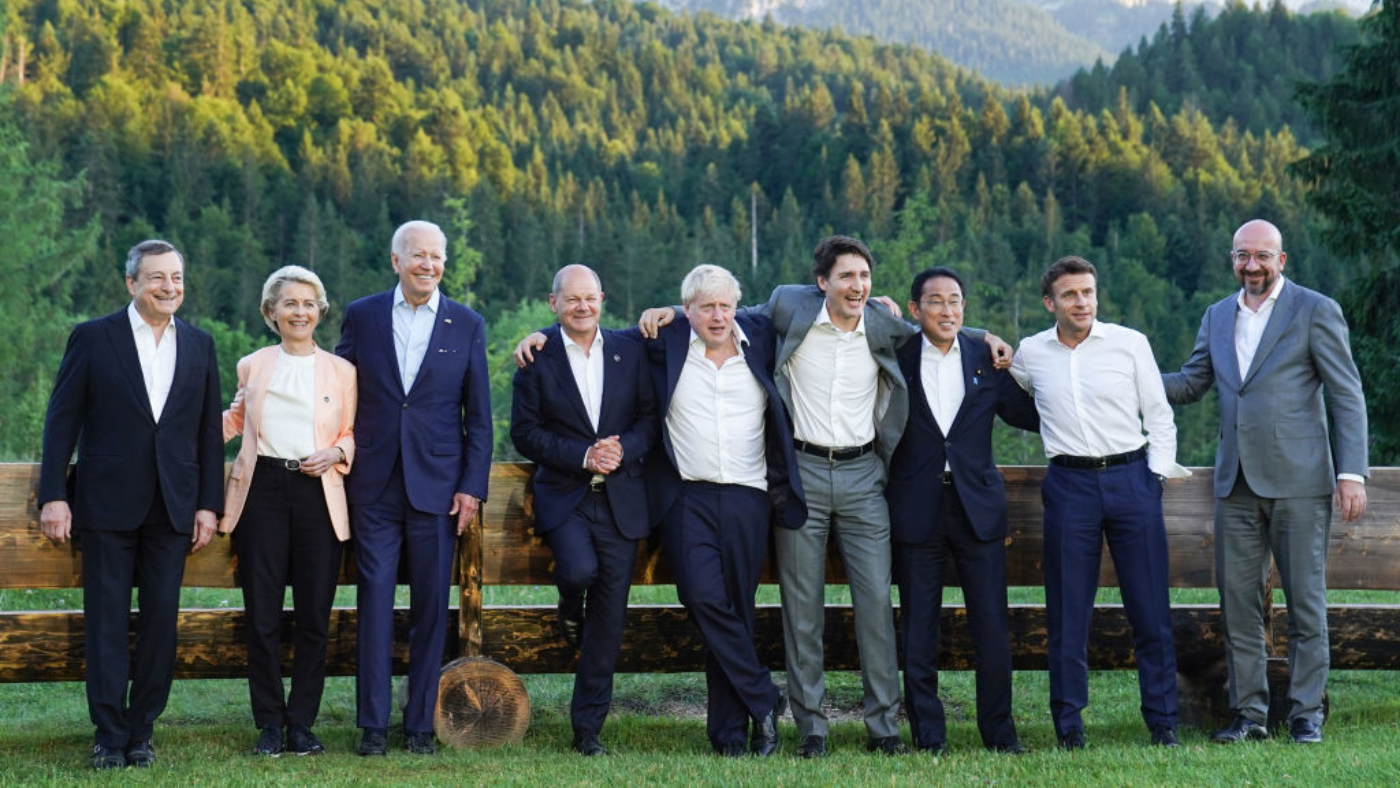 ‘Boris Johnson measures success in biceps rather than brain power’
‘Boris Johnson measures success in biceps rather than brain power’Instant Opinion Your digest of analysis from the British and international press